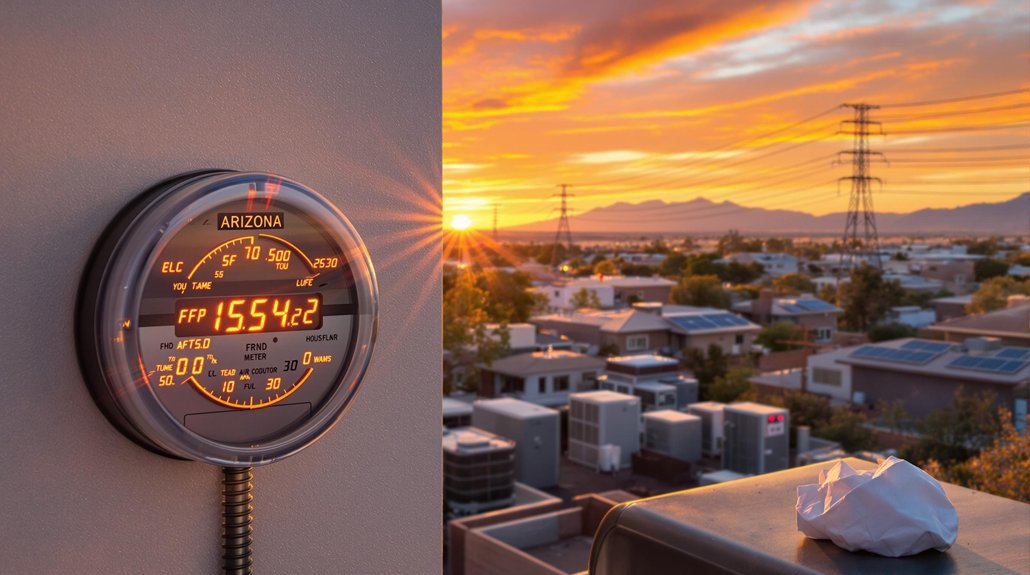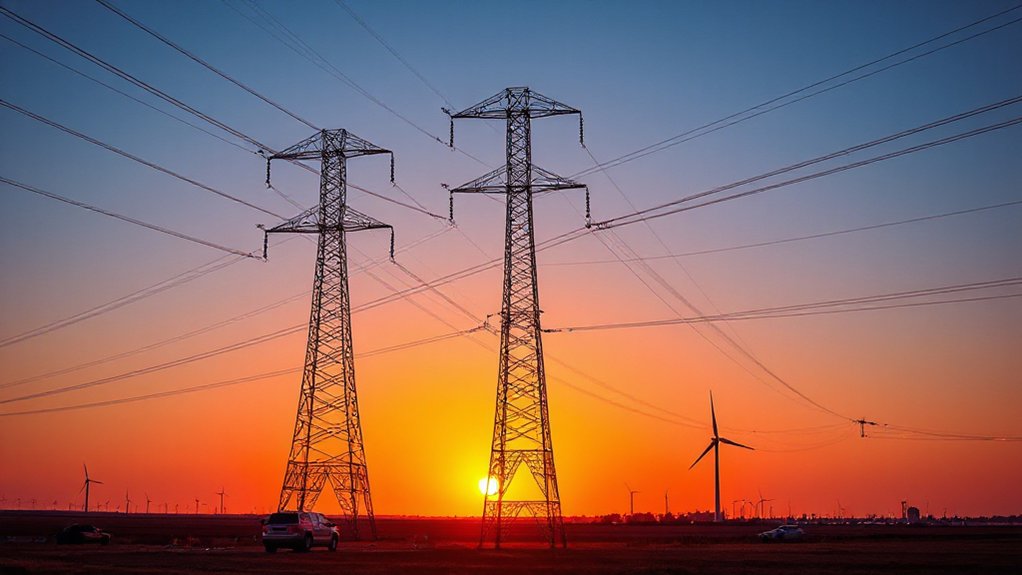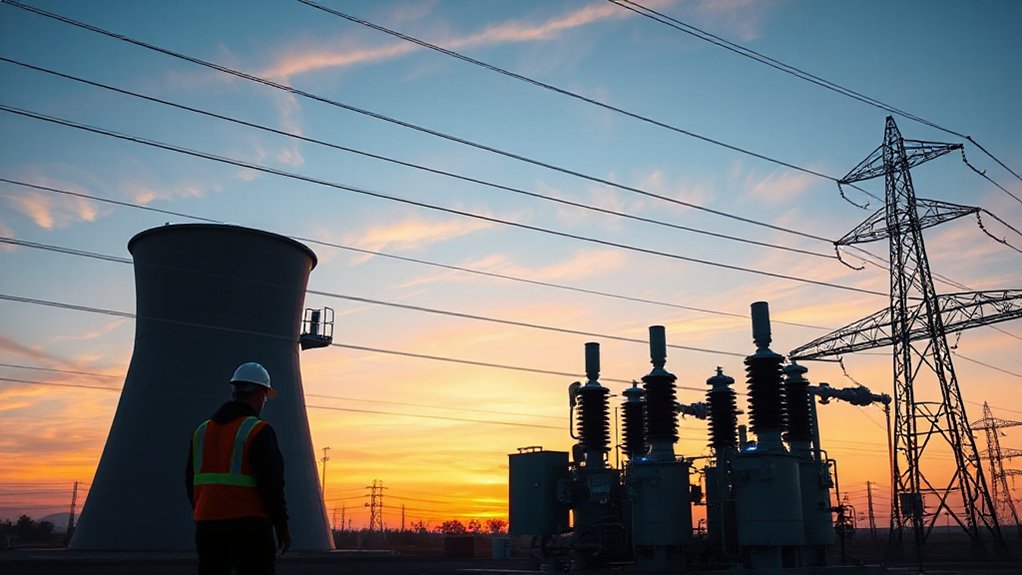Greece’s solar industry grew so fast, the national grid basically had a meltdown. With nearly 10 gigawatts of solar capacity, operators get told to shut down during peak sunny hours because the grid can’t handle it. It’s like trying to pour Niagara Falls through a straw. The government scrambled with price caps and emergency measures, while ancient diesel plants in Crete keep chugging along, violating EU rules. Infrastructure nightmares await those brave enough to dig deeper.
How did Greece manage to create too much of a good thing? The country’s solar energy sector is booming so hard it’s breaking the grid. With nearly 10 gigawatts of solar capacity out of 16 gigawatts total renewable energy, Greece has become a victim of its own green success story.
The numbers tell a wild tale. Greece just slapped 2.5 gigawatts of new solar capacity onto its grid, and solar thermal installations are surging thanks to the energy crisis. But here’s the twist: the national grid can’t handle all this sunshine. It’s like trying to pour a waterfall through a garden hose. The grid operator has even ordered medium-sized operators to shut down during peak sunny hours to prevent blackouts.
Greece’s grid can’t handle all this sunshine—like pouring a waterfall through a garden hose.
The government scrambled after the energy crisis hit, implementing what they called “drastic measures.” They suspended price adjustment clauses until the end of 2023, slapped caps on wholesale market prices, and rushed through legislative amendments for better natural gas access. The newly established Regulatory Authority for Energy came up with specific price caps for production plants. Bureaucracy at its finest.
Meanwhile, Greece has big plans for 2025. Ambitious solar projects are set to power 300,000 homes, with multiple major construction projects scheduled to begin. These initiatives are supposed to help meet renewable energy targets and transform Greece’s energy terrain. Great on paper, but the grid’s already choking. Despite being the fastest-growing renewable source globally, solar power’s unpredictability due to weather changes remains a significant challenge for grid management. Industry stakeholders are watching closely as the country approaches the critical 6 May 2025 deadline for implementing major market reforms.
The infrastructure can’t keep up. Greece is building an electricity interconnection between Athens and Crete, planning connections with the Dodecanese islands by 2029, and targeting North Aegean islands by 2030. These subsea cables should help inject more renewable energy from the islands into the national grid. Should being the operative word.
The real comedy? Crete’s still running outdated diesel-fueled power stations that violate EU standards. So while mainland Greece drowns in solar power, some islands burn diesel like it’s 1980.
Market analysts warn that interest rate hikes could affect project financing, and policymakers might pump the brakes on solar support. The Low Scenario forecast suggests exactly that. Greece needs to balance its solar ambitions with grid reality, or this paradise will remain paradoxically problematic.
References
- https://www.france24.com/en/live-news/20250610-sunny-greece-struggles-with-solar-energy-overload
- https://www.solarpowereurope.org/insights/outlooks/global-market-outlook-for-solar-power-2025-2029/detail
- https://www.pvknowhow.com/greece-solar-projects-2025-construction-start/
- https://balkangreenenergynews.com/solar-thermal-installations-surge-in-greece-as-result-of-energy-crisis/
- https://www.globallegalinsights.com/practice-areas/energy-laws-and-regulations/greece/









